2021 has been a year affected by the pandemic, but unlike 2020, it was filled with innovation and news in the food industry.
Some of the stories we covered at Xtalks revolve around plant-based foods, the future of agriculture and the various ways to save the planet by combating food waste.
Xtalks spoke with experts from the food industry to discuss how their companies played a significant role in catering to these food trends.
Here is a list and deeper insights into three 2021 food trends.
1. Plant-Based and Better-For-You
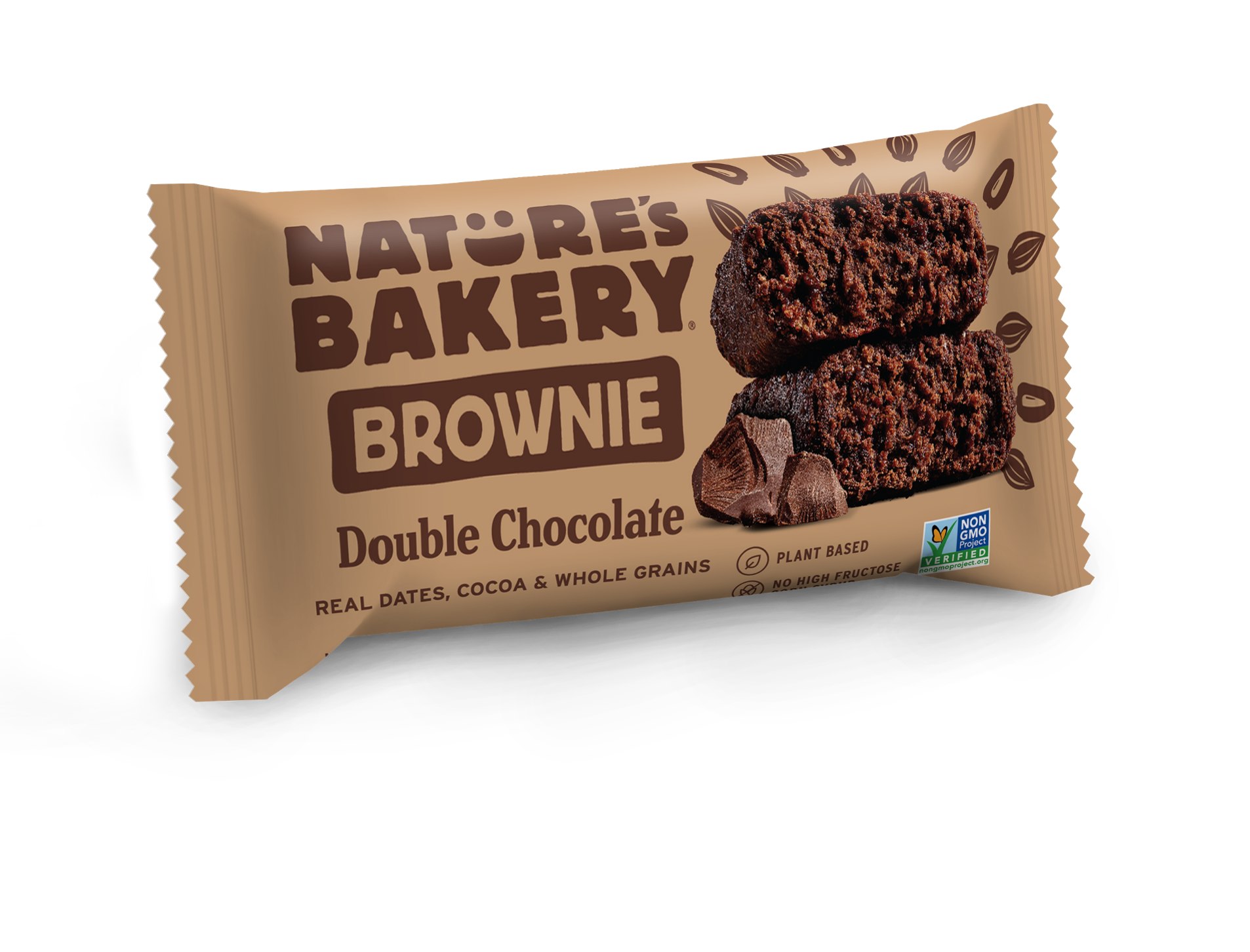 Being vegan or adopting a plant-based diet has been quite popular in the past few years. But in 2021, the number of new plant-based products competing in the market has grown exponentially.
Being vegan or adopting a plant-based diet has been quite popular in the past few years. But in 2021, the number of new plant-based products competing in the market has grown exponentially.
In fact, by 2026, the vegan market could be worth $24.3 billion and in 2021, there are approximately 79 million people who identify as vegans. In other words, eight percent of the world’s population conform to veganism.
Xtalks spoke with Pilar Arellano, the VP of marketing at Nature’s Bakery. The snacking company brings better-for-you plant-based soft-baked bars to the market. It caters to the newest consumer needs and provides them with a joyful and optimistic brand image.
Xtalks: We’ve heard the term “better-for-you” a lot lately; what do you, at Nature’s Bakery, define it as?
Pilar Arellano: I think at its basic definition, it’s about providing excellent ingredients in your product and ingredients that are relevant for your consumer. So in the case of Fig Bar from Nature’s Bakery, for example, it’s about whole grains and fruit. And we know that is important for families. Thus, it’s crucial to have better ingredients in their snacks and have diversity in snacking choices.
Xtalks: How did the pandemic affect your company?
PA: I’ll say that one of the fantastic things about our product line and our brand, in general, is that we have been extremely resilient in the pandemic. The reason for that is we offer a unique product that can be enjoyed whether you’re at home or you’re out and about.
The pandemic kept us at home more than out and about for obvious reasons. But we didn’t see a change in consumer consumption of our products. If anything, we got more traffic because we got a lot of new users and people who were trying the brand for the first time.
Related: How Has SimplyProtein Taken an Old Plant-Based Formula and Made it Relevant Today?
Xtalks: Do you think the better-for-you category was just a 2021 trend?
PA: We know from research and just knowing our consumers, that snacking is impacted by your routine. If your routine changes, then your snacking needs, desires, access, everything changes, right?
We know that during the pandemic, our routines changed. So the question will be, how will routines continue to look like in the future?
Macro trends that include working from home will remain for a bit and this will impact the way that people snack and the way that people consume food.
I also think that the pandemic has raised the awareness and the link between health and healthy eating. There hasn’t been another period I would think, in the last generation, in which health has been such a hot topic for everyone for obvious reasons.
Lastly, I think that mental health and well-being have been an important topic during the pandemic beyond just in the physical sense. It has been a challenging time for many people in different capacities in the past year or two. So, what relates food with mental well-being is the benefits that food can offer and the tremendous added value when it comes to health and one’s daily routine.
2. Vertical Farming
Indoor and vertical farming are the latest food trends in the agriculture world. The idea of having farm-to-table options readily available to customers makes this trend important today. This is because vertical and indoor farms reduce the number of handlers in between.
In other words, this new way to farm brings the food closer to the source, which increases the food benefits such as taste and nutrition.
According to Medium, food futurists and industry leaders say that high-tech vertical farming operations are the future of agriculture.
Xtalks spoke with Alexander Olesen, the co-founder and CEO of Babylon Micro-Farms.
Babylon Micro-Farms makes vertical farming accessible to mainstream markets, bringing the fresh farm ingredients straight to the customer and allowing them to grow it indoors all year long.
This farming method has no pesticides, chemicals, or wasteful supply chain. Additionally, it is sustainable and provides high-quality and fresh ingredients.
Xtalks: How does a customer implement Babylon’s vertical farm in their desired spaces?
Alexander Olesen: We provide the complete service to customers and businesses, which is the physical vertical farming unit, which is the product we’ve designed and a patented technology platform that automatically doses nutrients and basically runs the farm.
We send little preceded pods, a little bit like a Keurig cup, to our clients. The goal of this is to allow people without prior expertise or agriculture knowledge to be successful farmers, and we’re proving that today. All they do is plug in the pods and we take over and administer growth recipes to ensure that they have are happy crops.
Agriculture is one of the most prominent pollutants globally, and vertical farming is a part of the solution.
Right now, our systems focus on salad greens, herbs, and flowers, and then some microgreens. Our go-to-market product is B2B food service, including institutional food services, hospitals, senior living, and some corporate dining, and they love it.
Related: Why Are Vertical Farms Important in Today’s Growing Society?
Xtalks: Vertical farming has been a trend in 2021; how did that help grow your business?
AO: I’d say that supply chain transparency and resiliency have never been more top of the mind, and the pandemic accelerated trends towards hyper localization of agriculture. So, to that extent, people are signing up for farmers’ markets, for Community Supported Agriculture (CSA) for local grocery delivery, as part of these macroeconomic trends that have accelerated dramatically during the pandemic of which we’ve benefited from and so has the industry.
Xtalks: Do you think this trend is here to stay and we’ll be seeing more innovation in 2022?
AO: I think higher-level sustainability is the right thing to do for humanity. And so, I think that is a trend that is not going away.
The first people who got solar panels probably didn’t save money on electricity. But, still, they took a step in that direction, and that’s the trend that we are driving with small-scale vertical farming, is the scope for the cost to fall, and as a result, people can money on their produce and offer them a higher-level quality product.
As we scale up production and as the industry grows, this will become a staple way of sourcing produce because it simply doesn’t make sense to ship highly perishable ingredients 3000 miles across the country; it is illogical in that context.
Over time, as economies of scale change and increase, things like this will factor in, and I think we’re going to see a rapid expansion in the vertical farming space.
3. Upcycling Food
Food waste has been an essential and trending food trend in 2021 because it is a problem created by the food industry and one of the leading problems for climate change.
Nevertheless, companies have begun introducing the world to ways to conquer this issue. The most promising and uprising solution is the idea of upcycling food to create a circular food cycle.
Xtalks spoke with Caroline Cotto, the co-founder and COO of Renewal Mill. The company uses the by-products from food manufacturing and upcycles them to make flour, ingredients and pantry staples such as baking mixes and cookies.
Cotto is also a founding member of the Upcycled Food Association, which grew from nine to over 200 members in the last 18 months. They now have the first of its kind upcycled certification. This means that products can be certified upcycled the same way that they’re certified organic or non-GMO.
Xtalks: What was the lightbulb moment that made you start Renewal Mill?
Caroline Cotto: My background is in the nutrition side of food, and I also did some work in tech and worked for the Techstars, where I met my co-founder Claire.
Claire has a background in starting Boston’s first organic juice company, which is where she came face-to-face with food waste for the first time. She was just appalled at the mountains of fruit and vegetable pulp left at the end of every day.
We then had a fortuitous meeting with the owner of one of the largest tofu companies in the country. He said, “You think you make a lot of pulp in your tiny juicing business. I’m making tons and tons of pulp every week at my tofu facility.”
We started digging a little bit deeper and saw that the pulp he had leftover was okara, which is a rich culinary ingredient full of fiber and protein. So we had to explore and find a better way to keep all that nutrition in the supply chain and make something new.
Xtalks: How does the upcycling process work at Renewal Mill?
CC: We’re trying to make sure that we keep a hundred percent of the food that we grow on people’s plates and in the food supply chain.
We work primarily with plant-based milk producers, including soy milk and oat milk. And you can think about producing plant-based milk, similar to juicing. So, you’re essentially boiling and blending the beans with water, and then you’re siphoning off the liquid and that’s what becomes the milk. And you’re leftover with this oatmeal-style kind of pulp.
We then take that pulp, dehydrate it and mill it into high fiber, high protein, and gluten-free flour. We then sell those flours as ingredients to other producers who want to use them in their products and use those ingredients in our own branded products.
We started making ready-to-eat chocolate chip cookies with the okara flour to get people to be able to try it and understand this tastes great. So, it has all these additional benefits from both a nutritional and sustainability perspective.
Related: Upcycling Food Waste: Trend or Here to Stay?
Xtalks: Why is upcycling important?
CC: Food waste is one of the most significant drivers of climate change. It’s responsible for about 6 percent of total greenhouse gas emissions and if food waste were a country, it would be the third-largest submitter of greenhouse gases behind only China and the US. So, it’s really important to prevent the emissions from happening.
We can do that in two ways because when you upcycle, you prevent the food from going to landfills and releasing greenhouse gases there, but you also prevent having to grow a virgin crop from scratch and those resources.
Upcycling is a consumer-driven solution to food waste and we are trying to help consumers understand that when you purchase upcycled food, you’re helping fight food waste, which is helping fight climate change.
Xtalks: Why did upcycling become such a massive trend in 2021?
CC: I think it’s been a growing trend over the last decade. With the pandemic, people were spending more time at home and seeing food waste firsthand in their kitchens and the real effects of climate change.
It’s really starting to hit home for people that climate change is here to stay, and food waste is mainly tied to that resulting in people wanting to know what they can do.
A bunch of the trend reports for 2022 is starting to come out, and I think sustainability, specifically upcycling, is still very top of mind for consumers.
The food trends in 2021 revolved around the innovation involved in being more sustainable and providing consumers with unmet needs.
Due to COVID-19, people have been more exposed to food waste, better-for-you products, and ways to bring the farm closer to home to combat climate change. Companies have heard these requests and customers are turning to them to help make sustainable living easier.
The three trends identified in this blog reveal changes in consumer behavior and the idea that innovations like the ones mentioned will continue to grow in 2022.

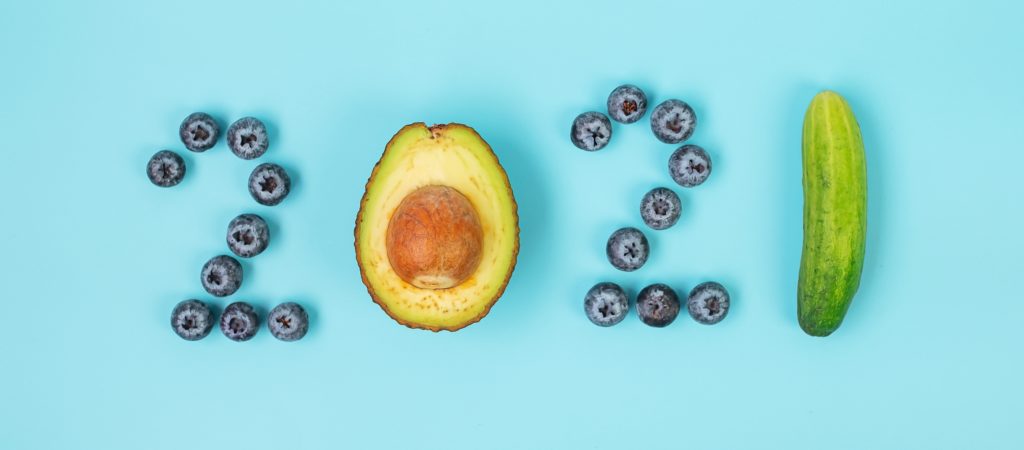
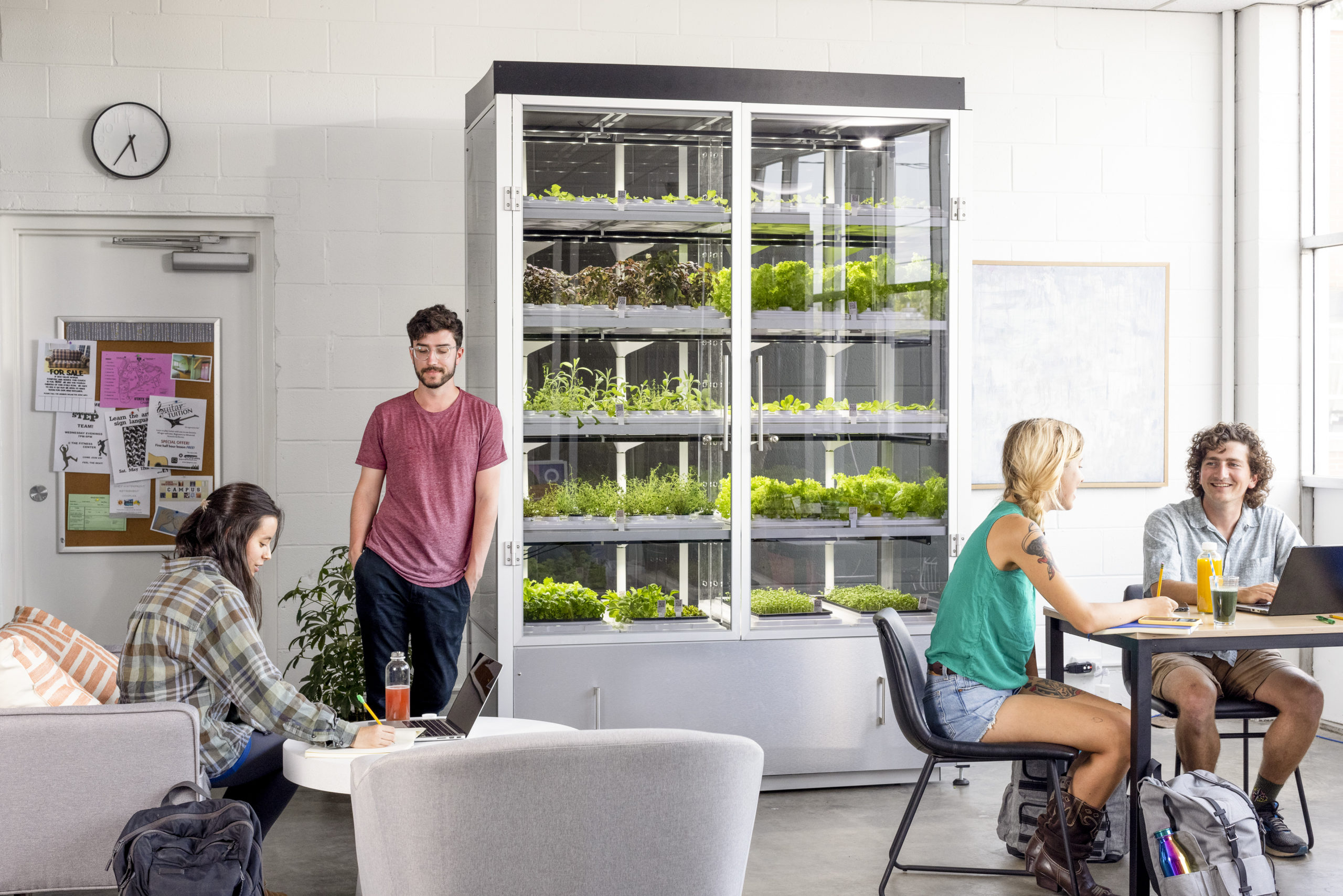
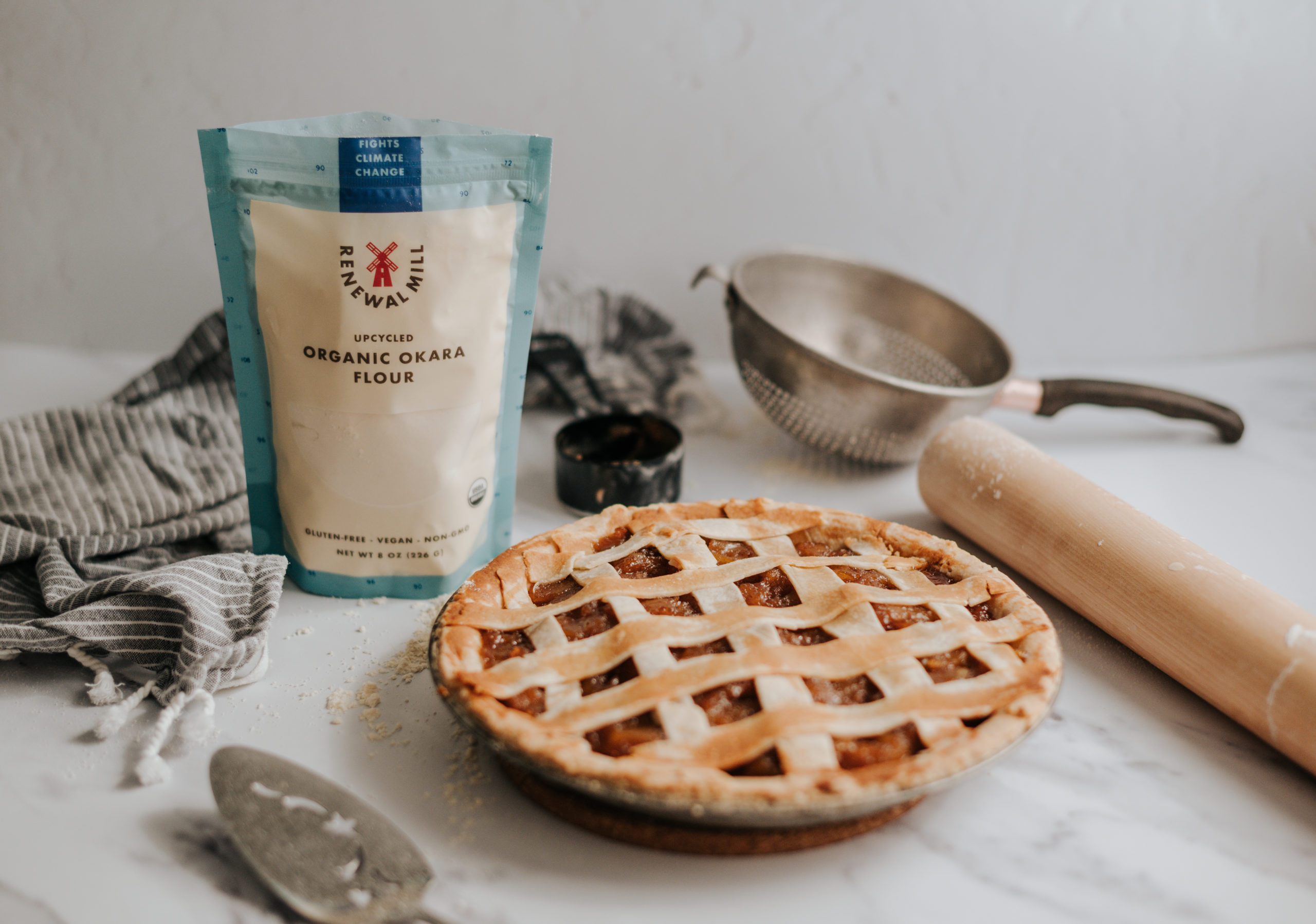
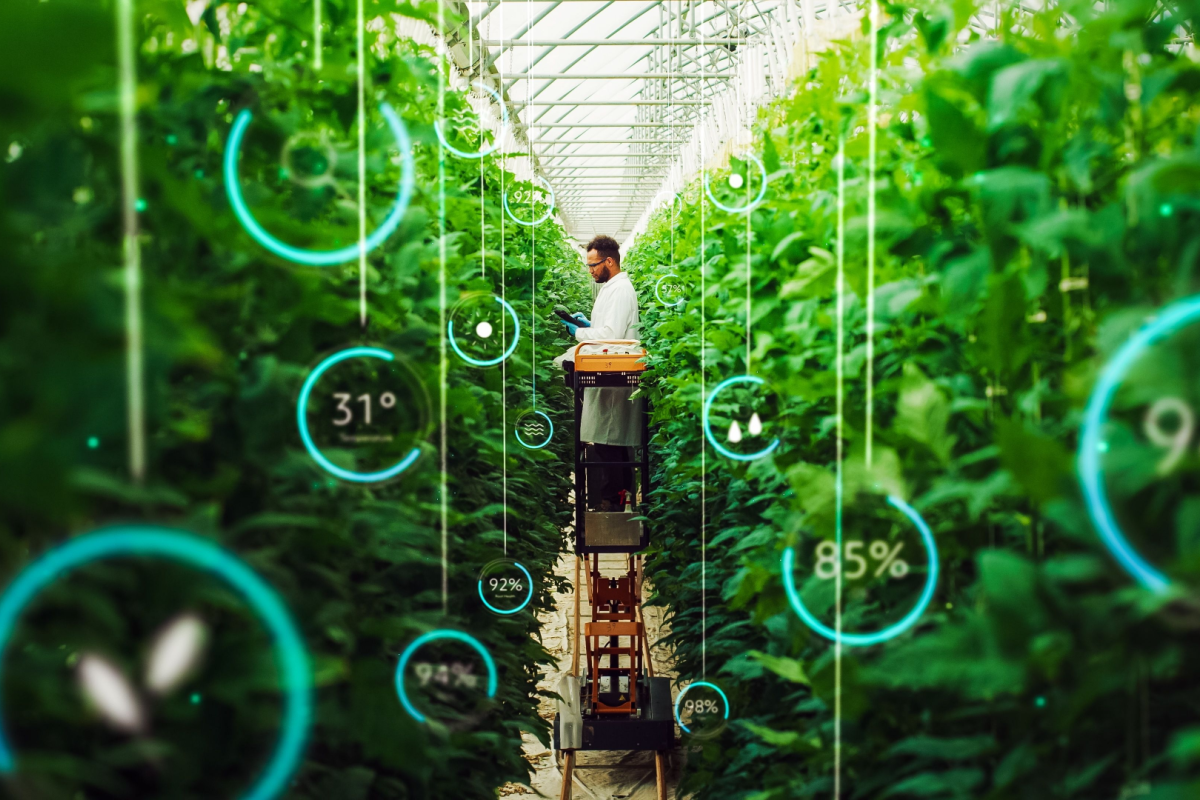
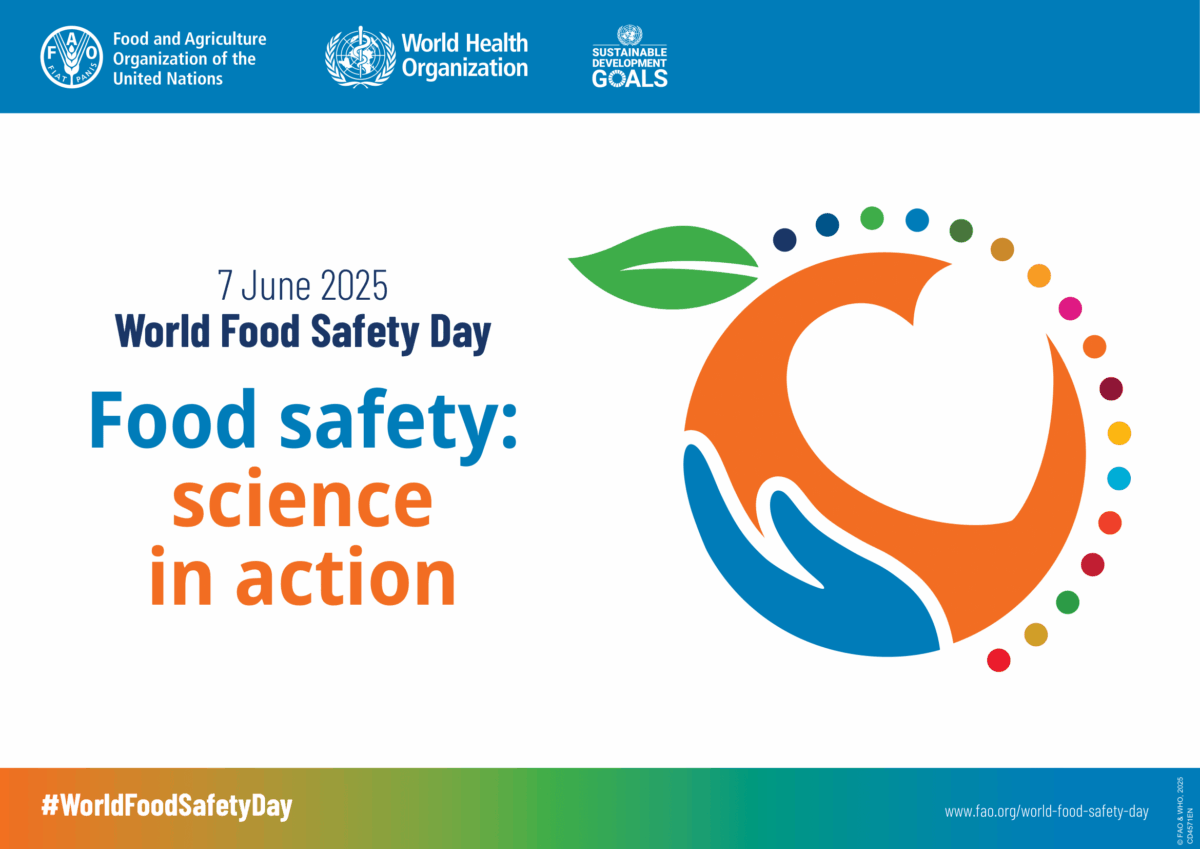
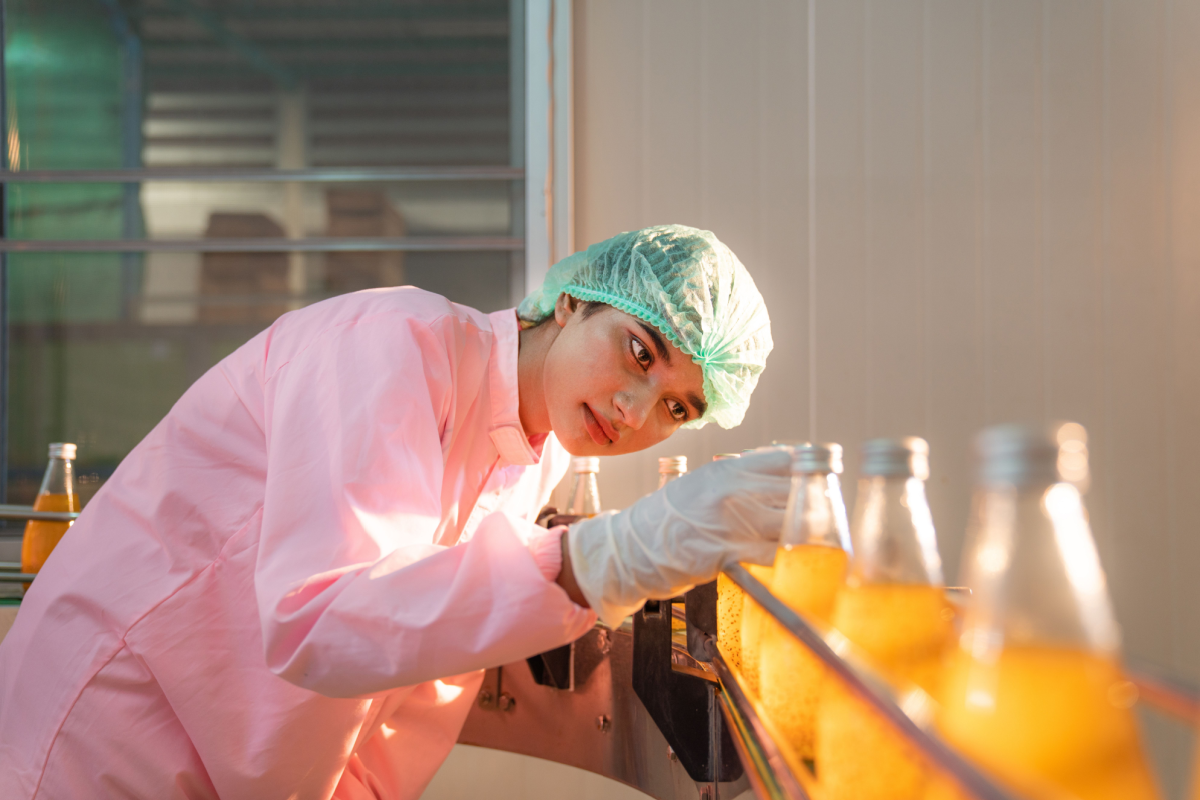







Join or login to leave a comment
JOIN LOGIN